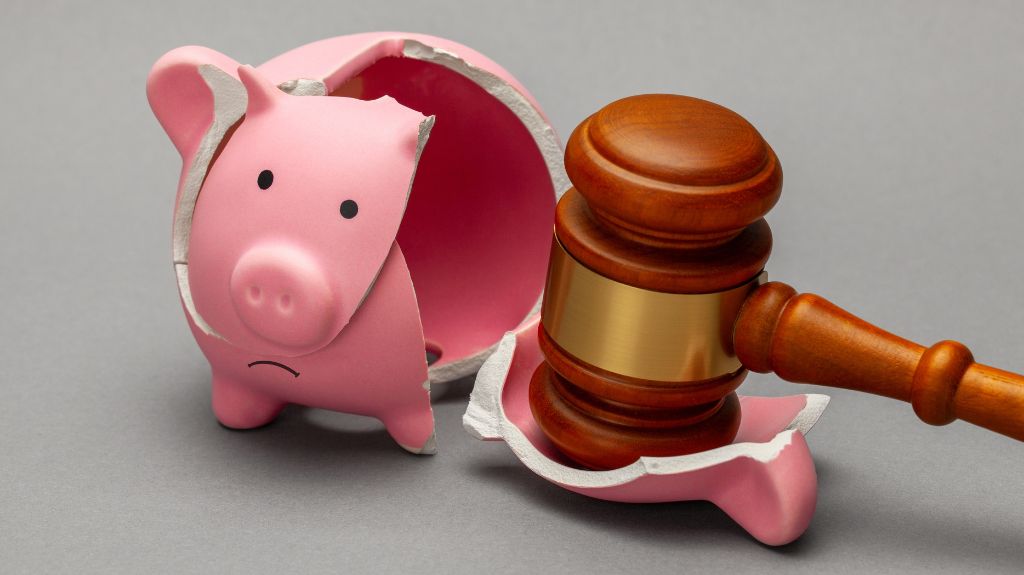
Are you in dire financial straits? Are you considering declaring bankruptcy to help protect your assets and clear your debt? Georgia residents who are faced with the decision to file for bankruptcy may be asking – what are the differences between Chapter 13 and Chapter 7 bankruptcy – and we can help at the Law Firm of Duncan & Brow. in Augusta, GA. Use this quick guide to learn the pros and cons of Chapter 13 and Chapter 7 bankruptcy!
Chapter 13 Bankruptcy vs. Chapter 7 Bankruptcy
Debt happens for a lot of reasons – unexpected medical bills, credit card bills, back taxes, etcetera – and declaring bankruptcy can help you erase that debt. The primary difference between Chapter 13 bankruptcy and Chapter 7 bankruptcy is how your debt is resolved. Chapter 13 allows you to reorganize the debt and establish a 3 – 5 year payment plan where you will pay a court-appointed trustee rather than the creditors. Chapter 7 allows you to discharge unsecured debt and partially repay creditors by liquidating select assets.


Pros and Cons of Chapter 13 Bankruptcy
When you file for Chapter 13 bankruptcy, it will protect your home from foreclosure, your vehicle from repossession and your personal property – you do not lose your personal possessions. Georgia law provides an automatic stay when you file – which prevents all collections and will prevent creditor harassment as you and your attorney work on a payment plan. When you file for Chapter 13, the court will stop:
- Foreclosure Proceedings
- Repossessions
- Debt Collection
- Lawsuits
- Wage Garnishment
- Contact from Lenders
Chapter 13 provides an advantage to you in that you can repay your debt and keep all of your assets – but with the repayment plan, you do not get to discharge ALL of the debt and the monthly payments can be high. It depends on how much debt you have to repay.
Pros and Cons of Chapter 7 Bankruptcy
The primary advantage of Chapter 7 bankruptcy is that you get to discharge most of your consumer debt and limit the amount that you need to repay or the amount of assets you need to liquidate. Debt that can be discharged when you file for Chapter 7 includes:
- Utility Bills
- Medical Bills
- Personal Loans
- Payday Loans
- Credit Card Bills
- Tax Debt
Debt that cannot be erased via Chapter 7 includes – Domestic Support, Child Support and Student Loans. When you file for Chapter 7, much of your debt will be erased, but the rest will be repaid via a court-appointed trustee. The trustee will sell assets to pay the remainder of your debt, but you are entitled to keep up to $5,000 of personal property, $5,000 worth of vehicles, your pension, retirement plans, IRAs, 401Ks and 403Bs.
READ MORE: Differences Between Bankruptcy and Debt Consolidation
Are you thinking about filing for bankruptcy? You may have asked – what are the differences between Chapter 13 and Chapter 7 bankruptcy – and we can help at the Law Firm of Duncan & Brow. Contact our team of attorneys today to learn more about debt management and bankruptcy!


